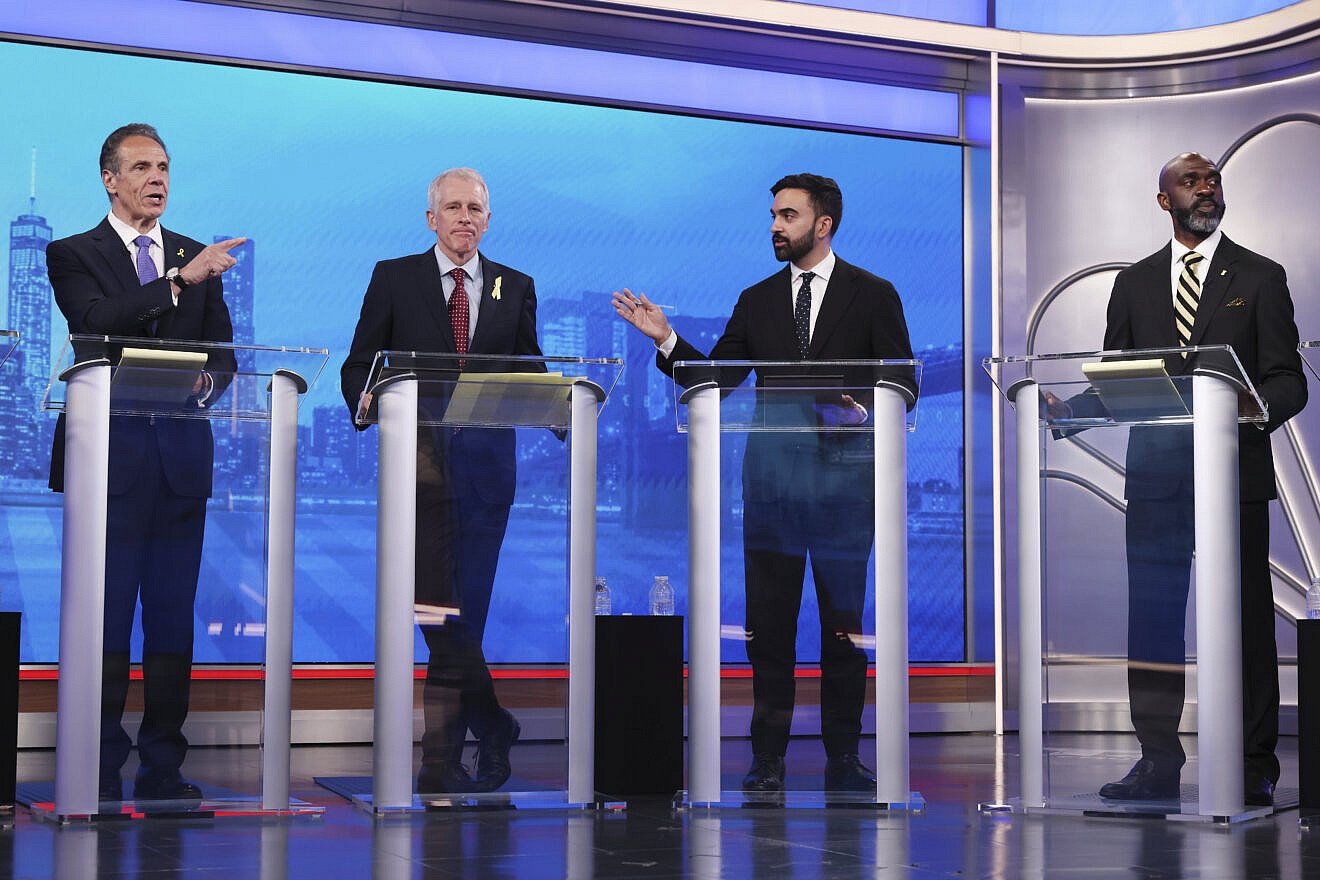The First Flight: Why Mayors Leave Their Cities Behind
On the day after a new mayor is sworn into office, the city is still the same. The subways are late. The rent is crushing. The schools are stretched thin. On the streets of New York, there is no honeymoon period. The potholes don’t care who just won. Neither do the evictions. And yet, before the ink on the oath has dried, some mayors pack their bags and board a plane to Israel.
This is not about Israel itself. It’s about why the leader of America’s largest city leaves the five boroughs before setting foot in all of them. It’s about who gets the first handshake and who gets the second thought. It’s about why one trip gets prioritized over the people still waiting for their heat to come back on.
To many Americans across the political spectrum, something feels off. Whether you lean right, left, center, or none of the above, there’s a shared instinct that politics has become more about show than service. More about who you’re seen with than who you stand for. When a mayor’s first official act is to fly overseas instead of walking the streets of the city that elected him, it sends a message. And the message is this: local problems can wait.
That message is received loud and clear, especially by those who don’t have the luxury of flying anywhere. It’s heard by working families living paycheck to paycheck, by small business owners trying to make rent, by over-policed communities and underfunded schools, by transit riders who just want the damn train to run on time. It’s heard by people who voted for change and got a photo op instead.
Supporters of these trips often say they strengthen diplomatic ties or show solidarity with international allies. But for a city like New York, already the de facto capital of the world, solidarity should begin at home. The world comes to New York. Leaders from every nation walk its streets. If you’re the mayor of New York City, you don’t need to prove your global credentials by leaving it. True power doesn’t chase photo ops. It answers to the people who put it in office.
For decades now, politics has been driven by a kind of double allegiance. There’s the public calendar, and then there’s the private one. The ribbon-cuttings and the donor dinners. The televised town halls and the whispered meetings. A trip to Israel is often part of the second calendar, the one voters never see. It’s about securing financial support for reelection, gaining the approval of influential networks, and courting national power brokers who don’t live anywhere near Queens or Staten Island.
This isn’t a conspiracy theory. It’s campaign strategy 101. Just follow the money. Politicians court the communities and interests that fund them. In New York, pro-Israel donor networks have long played a powerful role in city politics. So have real estate developers, public sector unions, and Wall Street firms. But when these visits become ritualized, almost automatic, they raise a deeper question: who does the mayor truly answer to? The people, or the purse?
What’s lost in all of this is the idea of public service as humble, grounded work. Before a mayor makes a speech abroad, he should sit in a NYCHA boiler room during a heat outage. Before shaking hands with foreign dignitaries, he should ride the A train from Far Rockaway to Harlem and listen to what’s said between stops. Before talking about peace abroad, he should address the violence and division at home.
This isn’t a left-wing argument. It’s not a right-wing argument. It’s an American argument. It’s a call for common sense, transparency, and priorities that match the people’s needs. America First voters see it. So do independents and centrists tired of performative politics. Libertarians see the government bloat. Progressives see the donor influence. What unites all of them is a growing disgust with politics as theater.
In his campaign for the New York City Council, Assemblyman Zohran Mamdani asked a simple question during a mayoral debate: “Why is your first visit as mayor to a foreign country instead of to the Bronx?” That question landed not because of ideology, but because of its moral clarity. It cut through the noise and asked what many New Yorkers, and many Americans, have been wondering for years: Why are the people always second?
You don’t have to agree with Mamdani on everything. You don’t have to be a progressive or a conservative to feel that something is wrong when a city in crisis gets second billing. This isn’t about foreign policy. It’s about leadership. It’s about the basic expectation that elected officials should show up for the people who elected them.
A mayor’s first trip should be to the heart of the city. Not a boardroom, not a foreign parliament, not a fundraiser dinner in Tel Aviv or Palm Beach. The Bronx. Brownsville. Jamaica. Staten Island. The places where government has been a rumor for far too long.
This is not just a story about New York. It’s about every city, every state, every leader who forgets where their power comes from. It comes from us. And maybe it’s time we reminded them.
